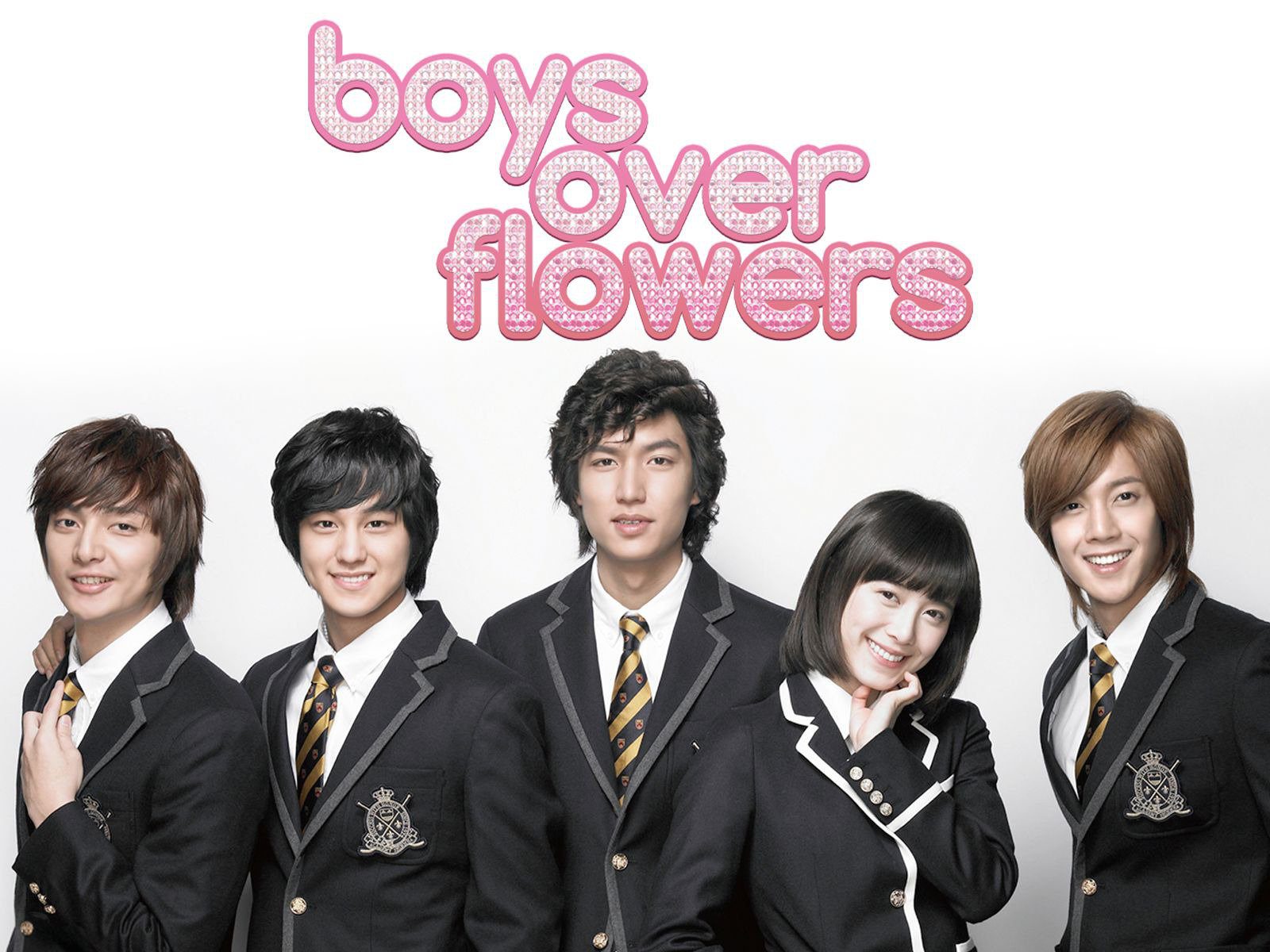Korean Movies and Dramas: Impact on Global Audiences
Korean cinema and television dramas have carved a significant niche in global entertainment, captivating audiences with their compelling storytelling, intricate plots, and talented actors. Over the years, several iconic films and series have achieved international acclaim, contributing to the widespread popularity of Korean media worldwide.
Global Appeal of Korean Dramas
Korean dramas, often referred to as K-dramas, have gained immense popularity beyond South Korea’s borders due to their diverse genres, emotional depth, and high production quality. These dramas explore a wide range of themes—from romance and family dynamics to historical epics and supernatural thrillers—appealing to viewers of all ages and backgrounds.

Iconic K-dramas:
1. “Winter Sonata” (2002): This romantic drama is considered one of the pioneers of the Hallyu wave, gaining immense popularity in Asia and sparking a global interest in Korean dramas.
2. “Boys Over Flowers” (2009): Based on the Japanese manga, this drama became a cultural phenomenon across Asia and beyond, catapulting its cast members to international fame.
3. “Descendants of the Sun” (2016): Known for its action-packed storyline and romantic subplot, this drama achieved widespread popularity in Asia and was distributed to over 30 countries globally.
4. “Goblin” (2016): This fantasy romance drama broke records for viewership ratings and gained a dedicated international fanbase for its unique storyline and stellar performances.
5. “Crash Landing on You” (2019-2020): This romantic comedy-drama became a global sensation, particularly on streaming platforms, for its cross-border love story and portrayal of North-South Korean relations.

Impact of Korean Cinema
Korean cinema has also made significant strides on the global stage, winning prestigious awards and earning critical acclaim for its innovative storytelling and cinematic techniques. Directors like Park Chan-wook and Bong Joon-ho have gained international recognition, further bolstering Korean cinema’s reputation for creativity and artistic excellence.
Iconic Korean Films:
1. “Oldboy” (2003): Directed by Park Chan-wook, this psychological thriller gained international acclaim for its intense storyline and cinematography, winning the Grand Prix at the Cannes Film Festival.
2. “The Host” (2006): Bong Joon-ho’s monster film combined social commentary with thrilling action, becoming one of the highest-grossing Korean films internationally at the time of its release.
3. “Parasite” (2019): Directed by Bong Joon-ho, “Parasite” made history by winning four Academy Awards, including Best Picture, marking the first non-English language film to achieve this feat. The film’s examination of class inequality resonated with global audiences, solidifying its place in cinematic history.
4. “Train to Busan” (2016): This zombie apocalypse thriller garnered international acclaim for its intense action sequences and emotional storytelling, becoming one of the highest-grossing Korean films globally.
5. “The Handmaiden” (2016): Directed by Park Chan-wook, this erotic psychological thriller received critical acclaim for its narrative complexity, visual style, and provocative themes.

Cultural Exchange and Globalization
The success of Korean movies and dramas has facilitated cultural exchange and strengthened South Korea’s soft power globally. Through compelling narratives and universal themes, Korean media has transcended language barriers, introducing audiences worldwide to Korean culture, traditions, and societal issues.
Conclusion
Korean cinema and television dramas continue to captivate global audiences with their storytelling prowess, emotional depth, and cultural relevance. From romantic melodramas to gripping thrillers, Korean media has established a strong presence in international markets, influencing global pop culture and setting new standards for cinematic excellence. As the industry evolves, the legacy of iconic films and series will continue to shape perceptions of Korean entertainment and inspire future generations of filmmakers and storytellers worldwide.



































